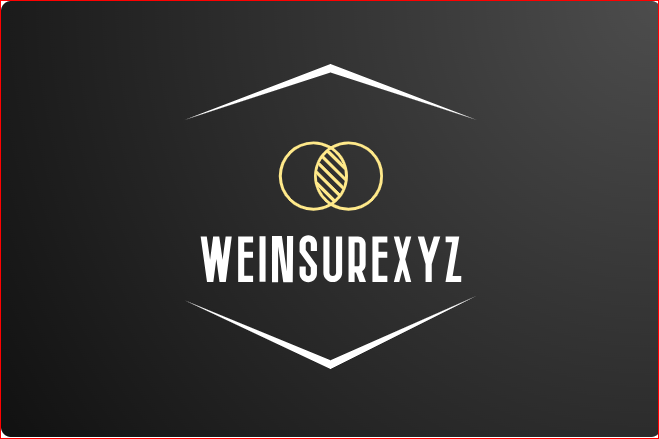What is Required for Commercial Liability Coverage? What is Optional?
Is a small service company less likely to have a lawsuit brought against it than a manufacturing plant? No, but this is a common misconception among office-based businesses. The fact is, in today’s dynamic and complex business climate, businesses small and large, office-based, or physical-labor intensive, are all equally susceptible to various claims.
Typically, with Commercial Liability insurance coverage, four types of claims are covered: bodily injury; property damage or loss; personal injury, such as libel or slander; and advertising injury. While commercial liability insurance is fairly inexpensive, costs for defending a claim are not and if the company does not have adequate commercial liability insurance coverage, it may have to foot the bill. This, in turn, could lead to financial hardship or bankruptcy. Commercial Liability insurance coverage will pay for all damages, legal fees, and settlement charges up to the policy limits.
Commercial Liability insurance for office-based businesses is absolutely essential for financial planners, mortgage brokers, medical offices, architects, and engineers, to name a few. Too often, however, a business owner will forego liability insurance to reduce operating costs. This may save the company some money on paying premiums, but it also exposes the business’s assets to pay for damages, if found liable, as well as legal defense expenses, regardless of whether the business is found liable or not.
Small business owners can take several proactive steps toward reducing their insurance costs, including:
- Shop around: Business liability insurance coverages range by company; read up on what is covered and what is not. Review policy plans from several insurers and compare rates.
- Consider a Business Owner’s Policy (BOP): Rather than purchasing separate types of insurance from various companies, consider purchasing a package of policies. This will help eliminate costly duplication of benefits and, in some cases, special rates are offered on packaged policies.
- Enlist a specialist broker: If the small business operates in a niche, it will often require specialized insurance to safeguard against unique risks. Insurance brokers will know what coverages are necessary for the business and know where to go for the best rates.
In some cases, operating without insurance is not an option. Federal and state law requires certain businesses to have liability insurance coverage, referred to as Workers’ Compensation insurance. Additionally, some states also require auto insurance. This typically provides coverage for injury, damage, or theft on company-owned vehicles, as well as for employees who may be involved in an accident while driving a personal car on company business.
Business owners can also purchase specialized, optional coverage specific to their industry. Several products and services complement Commercial Liability insurance for office-based businesses. These include:
- Directors and Officers – this protects directors and officers against claims of alleged negligent conduct committed in their role as directors or officers.
- Errors and Omissions – protects individuals and organizations against claims of professional negligence and errors or omissions in professional work.
- Umbrella/Excess Liability – this provides additional coverage when insurance limits on an underlying policy are exceeded.
Optional coverage offers an extra layer of protection and is designed to meet unique needs. For small business owners who may not want to spend the additional money, Commercial Liability insurance is good coverage to start with. When searching for proper coverage, an agent can help assess what will best fulfill the needs of a small business.

